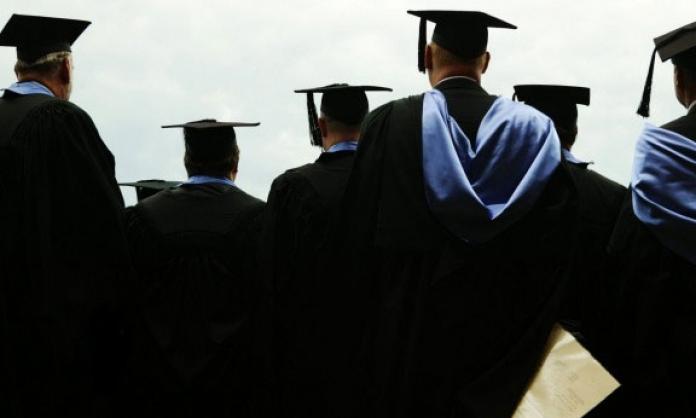Scott Morrison’s first budget delivers yet more attacks on higher education. In 2017, $160 million will be cut from education funding. The axe will swing harder in 2018, with an additional $400 million cut, followed by $870 million more the year after. The cuts will total $2 billion over the next five years.
To avoid potentially devastating political blowback, the proposal to deregulate university fees has been dropped for now, and implementation of the cuts delayed until after the election.
If permitted to pass, the cuts will have a devastating impact. Course cuts, job losses and the defunding of services will place enormous strain on universities around Australia, where overcrowded lectures, underpaid and overworked staff, and decaying facilities are the new normal.
The cuts will also intensify pressure on university bosses to demand full deregulation of university fees, as they seek to compensate for lost government funding. Defunding crucial social services, only to “rescue” them by introducing user-pays systems, is a method commonly used by governments seeking to implement partial or full privatisation of public resources.
And the university bosses are more than willing to play along. Last year, Glyn Davis, Melbourne University vice-chancellor, wrote a comment piece under the headline, “Why I support the deregulation of education”. His reasoning: years of persistent funding cuts had made massive, completely unregulated fees the only option.
It has now been many years since university students and staff were not under attack. Tony Abbott’s deregulation crusade inspired a wave of protests that defeated the legislation and helped end his rule. But before that, the Labor government attempted to drive through cuts similar to those proposed by Turnbull and Morrison – and found itself beset by similar protests.
We know two things from experience.
First, in the fight to defend and extend access to education, students and workers can rely on no-one other than themselves. University bosses, the media, and politicians from both major parties have all, at one point or another, supported fee deregulation or major funding cuts, or both.
Second, these policies can be defeated. Since 2013, funding cut and fee deregulation proposals have repeatedly been stopped after persistent and aggressive student protest campaigns.
This is why it is important that on 11 May students attend the demonstrations called by the National Union of Students against the government’s education policy. Regardless of who wins the upcoming election, the fight against this policy will be long, but it starts now.
It is a fight we can win. We know the money is there. In this year’s budget alone, the government plans to spend an additional $666 million on Operation Okra, Operation Accordion, and Operation Manitou – that is, military interventions in Syria and Afghanistan. There is another $20 million for Operation Resolute, the military effort to “protect Australia’s borders and offshore maritime interests”.
That’s around $700 million in additional funding devoted to bombarding foreign countries, rounding up the survivors, and imprisoning them until they commit suicide in Australia’s refugee camps.
If the money spent on fostering human misery in this way were instead spent on health, education, and welfare, we could organise free education as a right guaranteed to all.
For now, we have to fight to defend what we have. The protests on 11 May are a crucial battle in that ongoing war.
National day of action
Sydney: 1pm Fisher Library, USyd
Adelaide: 3pm Rundle Mall (King William Street end)
Perth: 2pm Forrest Place
Brisbane: 2pm Queens Park
Melbourne: 2pm State Library
*Details in other cities to be confirmed








